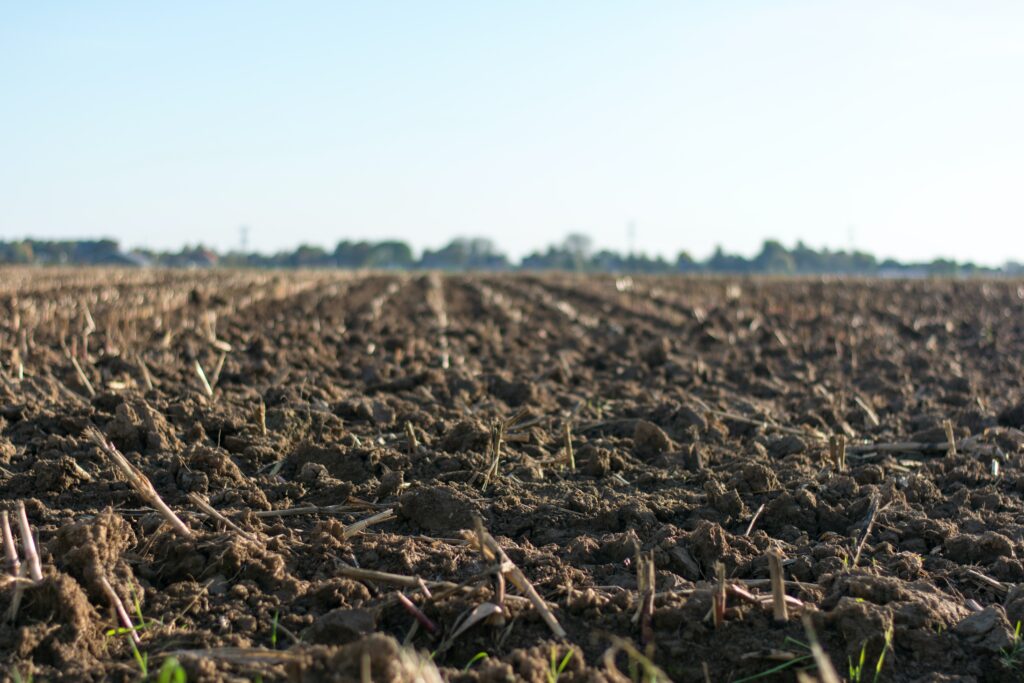
Land ecosystems currently play a key role in mitigating climate change. The more carbon dioxide (CO2) plants and trees absorb during photosynthesis, the less CO2 remains trapped in the atmosphere where it can cause temperatures to rise.
But scientists have identified an unsettling trend – as levels of CO2 in the atmosphere increase, 86 percent of land ecosystems globally are becoming progressively less efficient at absorbing it.
According to Ben Poulter, study co-author and scientist at NASA’s Goddard Space Flight Center, elevated atmospheric CO2, together with a lack of water, nutrients, or sunlight (vital factors for photosynthesis) could cause climate change to occur at a much more rapid rate.
Because of this weakening in their capacity of absorbing CO2, land ecosystems may not be as reliable for climate mitigation in the coming decades.
For further information visit: https://innovationorigins.com/en/outstanding-high-tech-turns-brabants-agriculture-and-food-industry-into-a-top-agrifood-sector/

